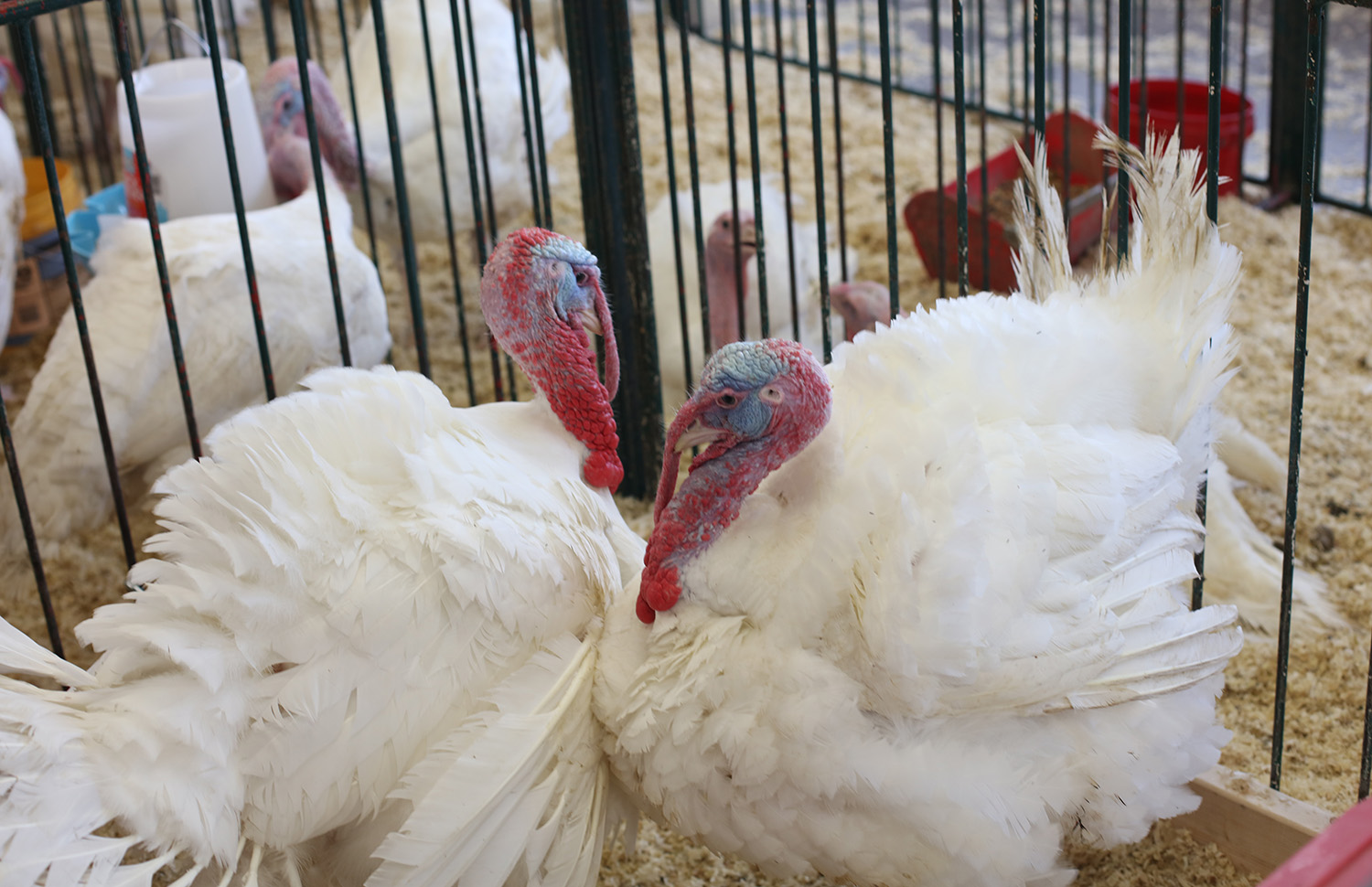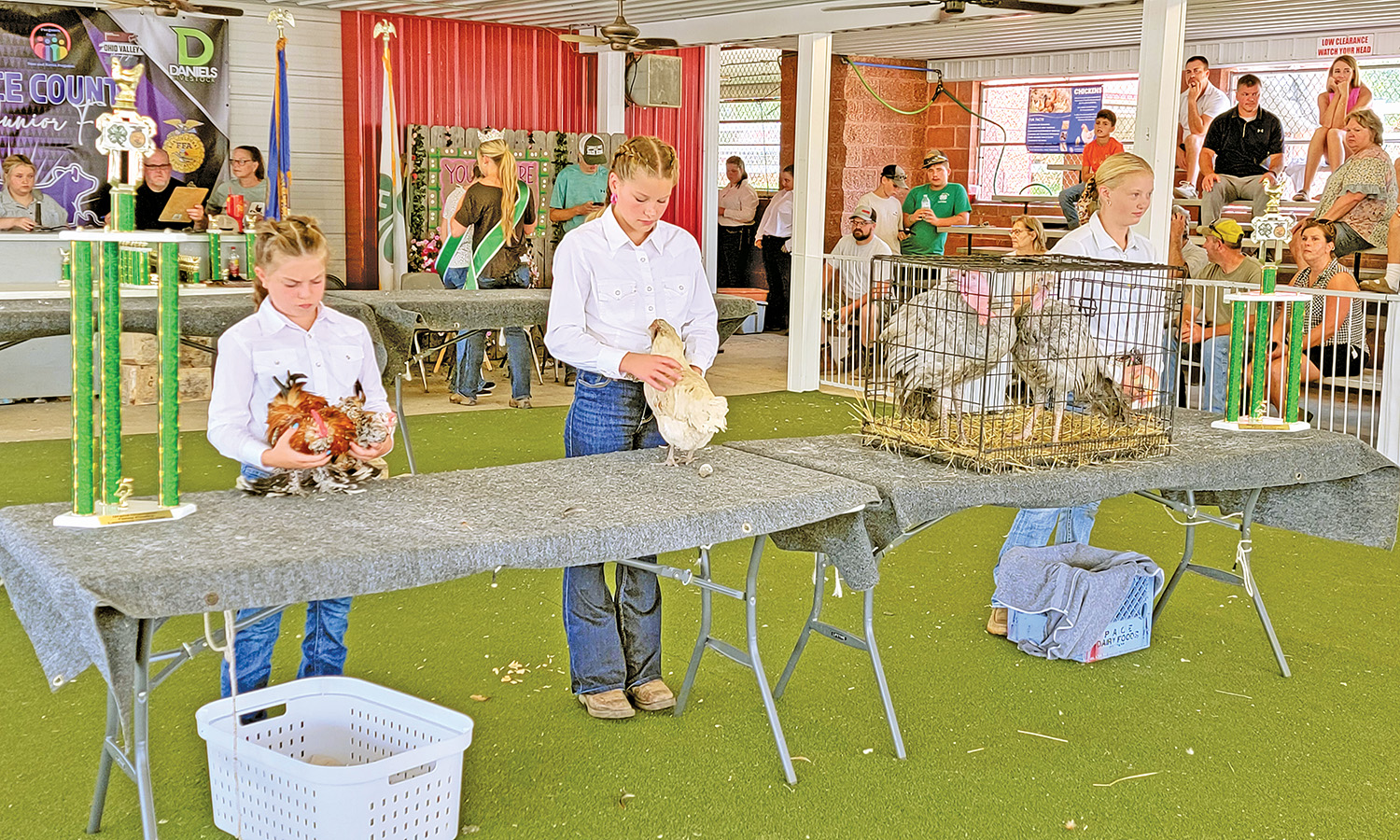NCAA gives LSU 1-year probation for violations
Published 1:40 am Wednesday, July 20, 2011
BATON ROUGE, La. (AP) — LSU committed major violations while recruiting a junior college football player, but won’t be slapped with any postseason bans or future scholarship reductions, the NCAA ruled Tuesday. The governing body decided to place the school on probation for a year and cited a former assistant coach for unethical conduct.
The investigation found that ex-assistant coach D.J. McCarthy improperly arranged for transportation and housing for former defensive lineman Akiem Hicks in 2009, then later tried to cover up those actions.
The NCAA accepted LSU’s self-imposed reduction of two scholarships during the 2010-11 academic year, as well as a 10 percent reduction in official visits and reductions in recruiting calls. LSU already had begun reducing official visits during 2010-11, but the NCAA expanded the punishment to include 2011-12.
Trending
McCarthy resigned in December 2009. Hicks never played for the Tigers before he left LSU.
NCAA Committee on Infractions chairman Dennis Thomas said LSU’s violations all were considered “major.” Yet he stressed that punishment could have been more severe if not for the efforts of LSU’s compliance department to discover and report the violations, and to cooperate with subsequent NCAA inquiries.
“The committee really felt that the LSU compliance staff and institution did an excellent job, and that they assisted the (NCAA) enforcement staff in the investigation regarding these violations,” Thomas said.
He pointed specifically to Senior Associate Athletic Director Miriam Segar, who became suspicious of Hicks’ living arrangements from the time he arrived in Baton Rouge. According to an earlier LSU report on the matter, Segar spent weeks pressing for answers and made the decision to bar Hicks from traveling to LSU’s 2009 season-opening game at Washington because she was unsatisfied with the information she had received.
“That was critical,” said Thomas, who is also the commissioner of the Mid-Eastern Athletic Conference. “If that had not been done, the institution could have really been under more severe and serious penalties as well.”
The violations reported in the case also included more than 3,600 phone calls that three noncoaching staff members either made to or received from high school coaches and administrators, prospects and family members of prospective students.
Trending
LSU has said most of those calls concerned clerical matters, were not football related and resulted from a misinterpretation of NCAA rules. Still, LSU also reported those violations after seeking clarification on the NCAA’s interpretation of the rules regarding permissible phone calls.
LSU chancellor Michael Martin said the university does not plan to appeal.
In effect, LSU already has served its punishment regarding scholarships, having limited itself to 83 total scholarships during the 2010-11 academic year. That means the Tigers will be playing with the maximum 85 allowed scholarships in the 2011 season.
LSU has a lot of key players returning and is a popular pick to contend for Southeastern Conference and national titles this season.
“A situation that could have been much worse was made better by the dedicated work of the LSU athletics compliance staff and I am pleased that the NCAA recognized LSU’s effort to cooperate and be proactive,” Martin said. “The compliance staff … made an exemplary showing of how a university should react when mistakes are made.”
The NCAA’s report details violations that included McCarthy’s use of a cell phone that was not registered with LSU’s athletic department. He did not log those calls, which caused other coaches to inadvertently break the rules by making further calls that put LSU over the NCAA’s one-call-per-week limit. McCarthy also held a conference call with Hicks and another female student who worked in the athletic department, during which the three agreed to provide false information about Hicks’ living arrangements for the summer of 2009 to LSU compliance staff.
Hicks met the female student during his official visit to LSU and kept in touch with her. Because she worked for the athletic department, their phone calls to one another amounted to violations relating to excessive calls to a recruit, the report said. Hicks also stayed with her, free of charge, during an unofficial visit, and later moved into the vacant Baton Rouge apartment of a former LSU player in an arrangement made by McCarthy, according to the report.
To comply with the NCAA’s ruling, LSU will have to issue a report next year on measures it has taken to avoid a recurrence of the infractions revealed by the probe. LSU also will have to inform prospective recruits that it is on probation and explain why.
Meanwhile, the NCAA also placed restrictions on McCarthy’s ability to work for any NCAA football program he works for in the near future.
He must avoid phone contact with recruits, their relatives or legal guardians for a year and enroll in an NCAA rules seminar as well as ethics training.
After McCarthy left LSU, he was hired by the WRA Receiver Academy, which conducts instructional camps. According to the academy’s website on Tuesday, McCarthy was still part of the staff. A phone message left with the organization was not returned.
McCarthy played receiver in college for Washington in the early 1990s. Before arriving at LSU as a receivers coach in 2007, he was an assistant at UCLA, Central Florida and Nevada. He also coached defensive backs for the Oakland Raiders from 1998-2000.





